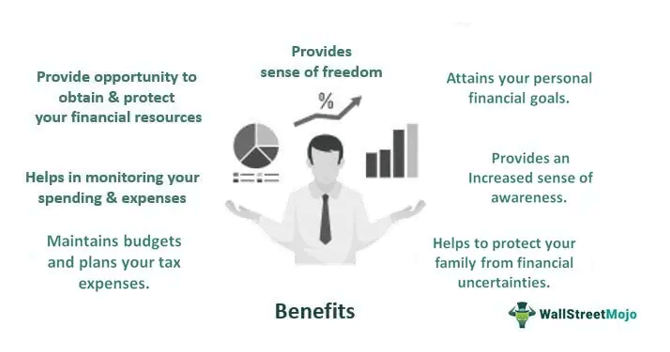When it comes to personal finance investments and retirement planning, taxes play a significant role. Here are some of the ways taxes can impact your finances:
Capital Gains Taxes
Capital gains taxes are taxes on the profits you make from selling an asset, such as stocks or real estate. The tax rate on capital gains depends on your income and how long you held the asset. Short-term capital gains (assets held for less than a year) are taxed at your ordinary income tax rate, while long-term capital gains (assets held for more than a year) are taxed at a lower rate.
To minimize the impact of capital gains taxes, consider holding onto assets for more than a year before selling them. You can also use tax-loss harvesting to offset gains with losses from other investments.
IRA Contributions
Contributions to traditional Individual Retirement Accounts (IRAs) are tax-deductible, which means they reduce your taxable income for the year. This can be a valuable tax savings tool, especially for those who are in a higher tax bracket.
Roth IRA contributions, on the other hand, are made with after-tax dollars. This means you won’t get a tax deduction for your contributions, but your withdrawals in retirement will be tax-free.
To maximize the tax benefits of IRAs, consider contributing the maximum amount allowed each year. For 2021, the contribution limit for traditional and Roth IRAs is $6,000 ($7,000 if you’re 50 or older).
Required Minimum Distributions (RMDs)
Once you reach age 72, you’ll be required to take minimum distributions from your traditional IRAs and 401(k)s. These distributions are taxed as ordinary income and can have a significant impact on your tax bill.
To minimize the impact of RMDs, consider converting some of your traditional IRA funds to a Roth IRA. This will allow you to pay taxes on the conversion now, rather than when you take distributions in retirement.
Estate Taxes
Estate taxes are taxes on the value of an estate after someone dies. The tax rate can be as high as 40%, which can significantly reduce the value of your estate.
To minimize the impact of estate taxes, consider working with an estate planning attorney to create a plan that includes trusts, gifts, and other strategies.
In conclusion, taxes can have a significant impact on your personal finance investments and retirement planning. By understanding how taxes work and implementing strategies to minimize their impact, you can maximize your financial benefits and achieve your long-term financial goals.





